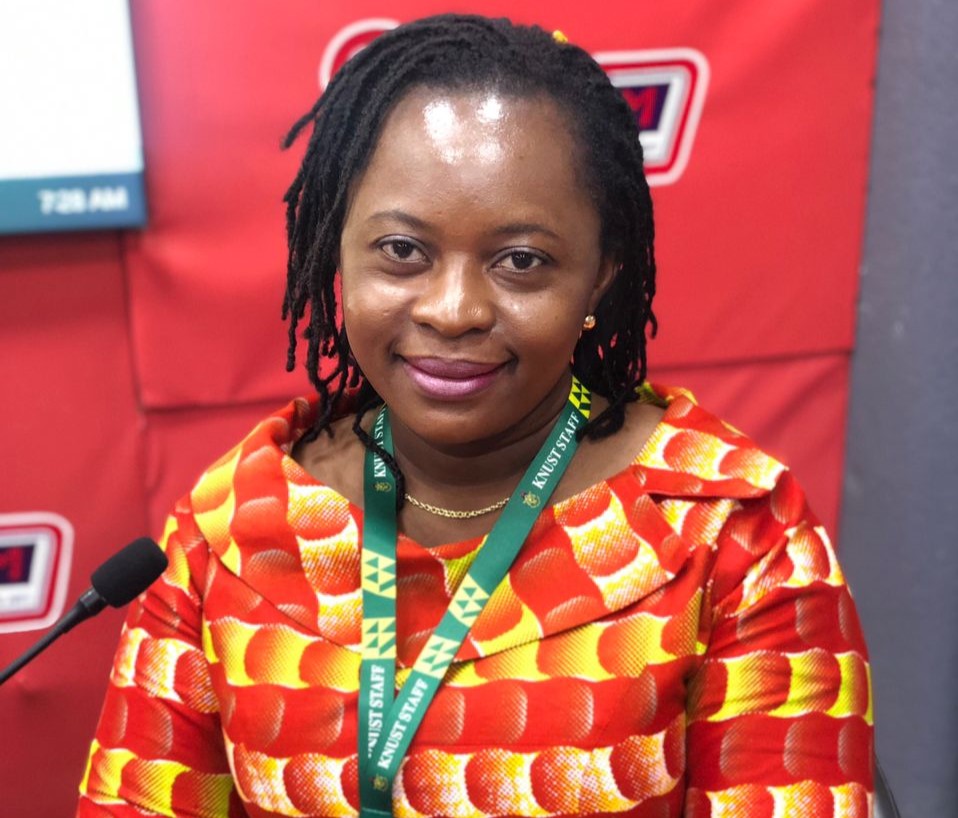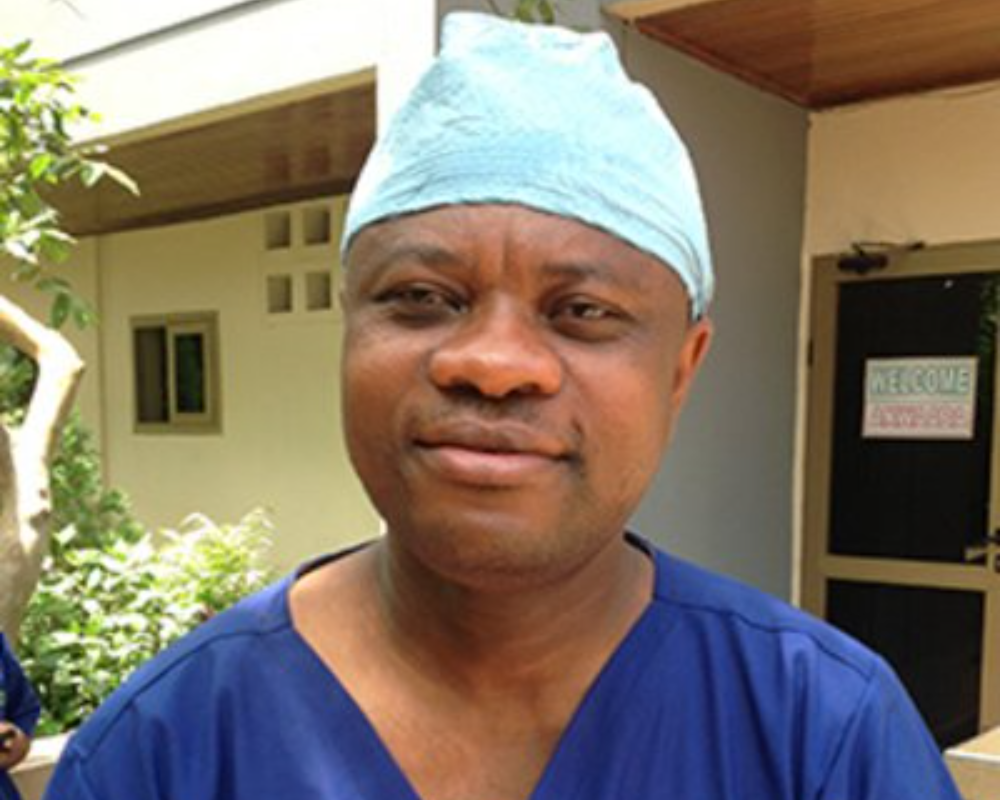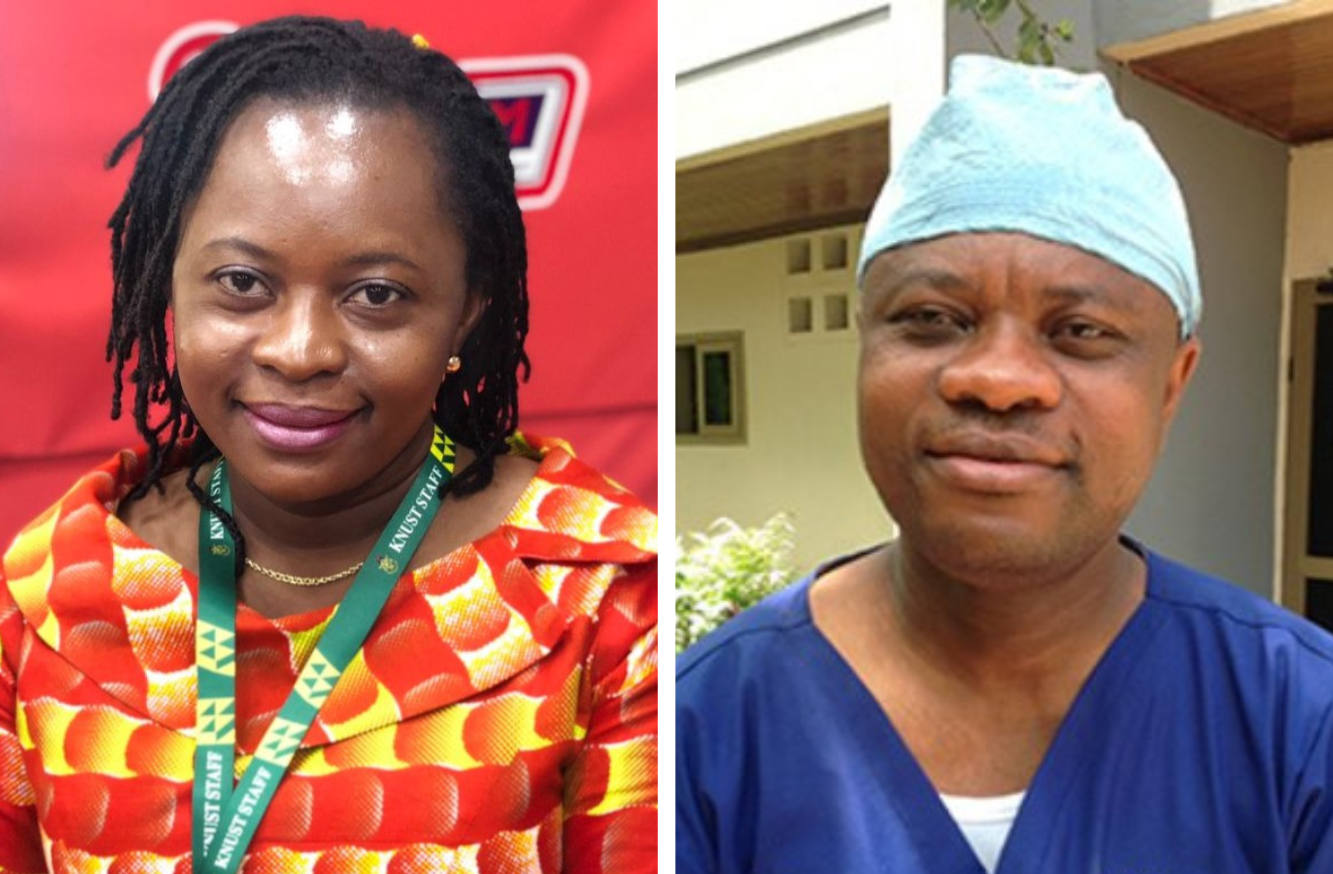At Ghana’s leading science and technology university, two siblings have risen through the academic ranks, each shaping their field and leaving a mark far beyond the lecture halls.
Prof. Mrs. Augustina Sylverken, née Annan, and Prof. Jude John Kweku Annan, both alumni of the Kwame Nkrumah University of Science and Technology (KNUST), Kumasi have been promoted to the rank of Associate Professor.

I first met Prof. Augustina Sylverken at the height of the COVID-19 pandemic, when the virus cloaked in mystery and fear had begun its relentless march across Ghana.
Journalists like myself were scrambling for clarity amid the chaos of a spiked-robed villain we barely understood. In that mist of uncertainty, she stood out not just for her scientific credentials but for her ability to translate scientific terms into language the public could grasp.
Of course, she was in direct contact with the virus, leading testing efforts at the Kumasi Centre for Collaborative Research, one of only two national centres designated for COVID-19 diagnostics.
Her presence at the frontline made her explanations all the more relatable. She had seen the virus up close, understood its behaviour, and was helping the country track its spread in real time.
Her role extended far beyond diagnostics. She helped establish satellite labs in Tamale, Kumasi, and at Newmont Ghana sites, expanding the country’s testing capacity. She trained frontline health workers, advised global partners including WHO/AFRO and GIZ, and served on KNUST’s Vaccine Development Committee.
Her research, spanning zoonotic viruses, respiratory infections in children, and the ecology of disease transmission, has earned her many peer-reviewed publications. In 2021, she was named one of Ghana’s 12 Frontline COVID-19 Heroes by Humanitarian Awards Global.

Her brother’s path has been no less impactful. My first encounter with Prof. Jude Annan was during a feature we were working on titled “When One Is Not Enough: The Laden of Secondary Infertility”, which later won the online category of the Merck Foundation West Africa Fertility Awards in 2022.
“Secondary infertility doesn’t mean they have a surviving child,” he explained. “All it means is that they had a pregnancy before, whether it ended in miscarriage, ectopic pregnancy, stillbirth, or live birth, and now they’re unable to conceive again.”
His insights helped demystify a condition that affects countless couples but is rarely discussed openly.
He also highlighted the role of infections, particularly sexually transmitted diseases and poorly managed reproductive tract infections, as major contributors to infertility in the sub-region.
“If these are not managed well,” he said, “they can affect the fallopian tubes or the lining of the womb, making conception difficult.”
Dr. Annan has observed a growing trend: women in their forties, often career-driven and highly educated, facing challenges with spontaneous pregnancy. It’s a demographic shift supported by data, including a 1993 report in the Journal of Biosocial Science, which noted a rise in marital age among Ghanaian women. Today, the pressures of education and professional advancement continue to shape reproductive timelines.
Beyond his clinical insights, Prof. Annan’s research spans infertility, endometriosis, and early pregnancy complications.
He has a particular interest in minimally invasive surgery and assisted conception, and has helped shape protocols for IVF and gynaecological endoscopy in resource-limited settings. He is a co-author of the paper: “Setting Up and Running a Successful IVF Program in Africa”, a practical guide for fertility centres across the continent.
His studies on antenatal care, postpartum preeclampsia, and emergency hysterectomy outcomes have informed maternal health policy and improved patient outcomes. As an honorary consultant gynaecologist at Komfo Anokye Teaching Hospital, he continues to mentor young doctors and advocate for reform in medical training.
Together, Prof. Sylverken and Prof. Annan careers have not only flourished but have helped shape Ghana’s response to some of its most pressing health challenges.
| Story: Emmanuel Kwasi Debrah (URO) |

















